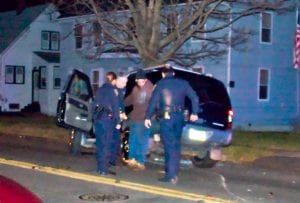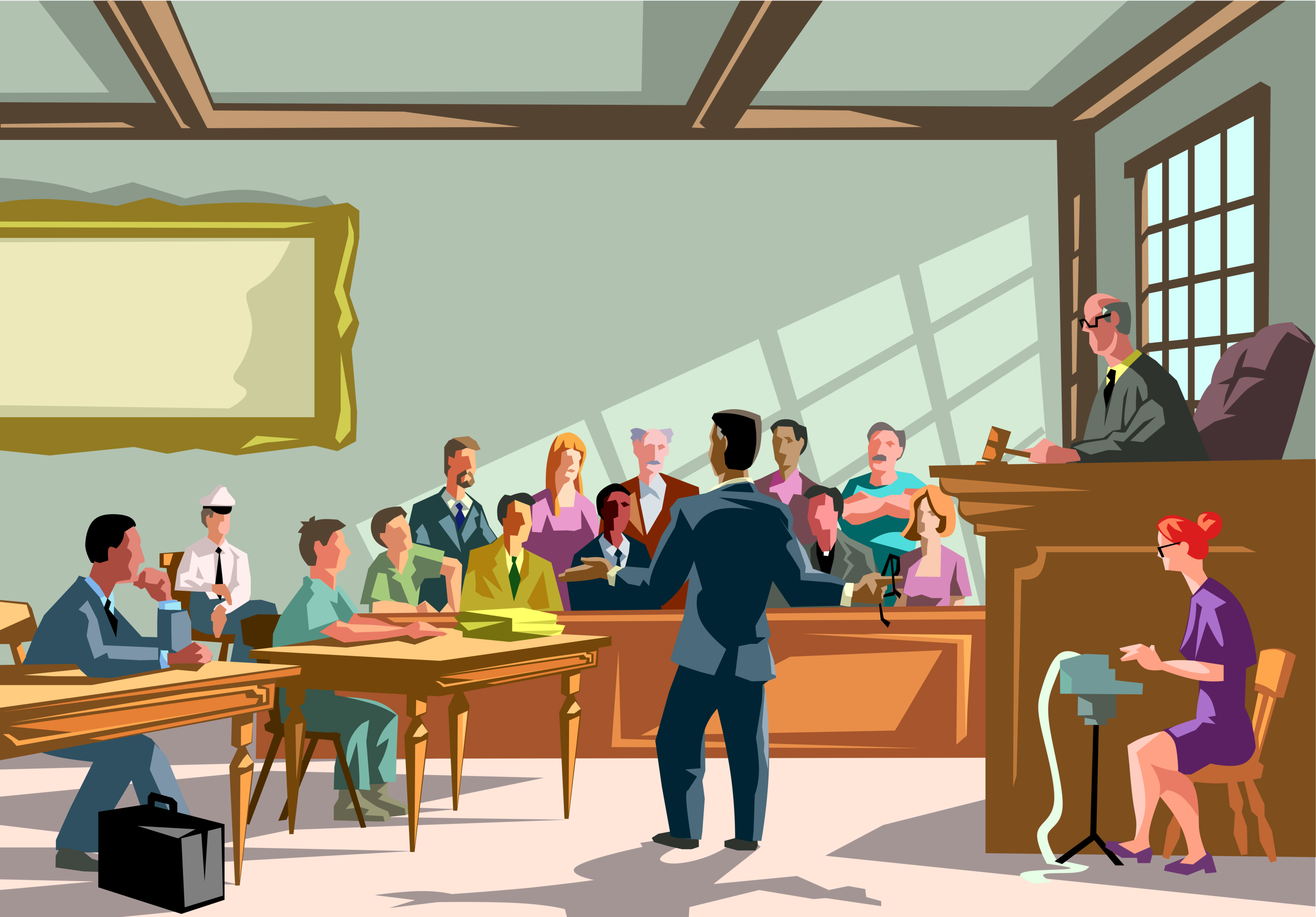In some cases, a person may have had no choice but to drive while intoxicated due to necessity or compulsion.
It’s crucial to understand that if you’ve been charged with a DWI (driving while intoxicated) or a DUI (driving under the influence) offense, you’re facing serious consequences that could change your life and that of your family for a lifetime. Therefore, hiring a lawyer to help you navigate the legal system and build a strong defense is essential.
This article will discuss the five defense strategies that can help you fight a drunk driving charge.
- The Officer Did Not Have Probable Cause To Stop You
One of the most common defense strategies against a DWI charge is challenging the traffic stop.
To make a traffic stop, the officer must have probable cause to believe you’ve committed a traffic violation. If the police officer didn’t have probable cause or enough drunk driving indicators to pull you over, any evidence gathered after the stop may be inadmissible in court. For example, if the officer pulled you over for a broken taillight, but you didn’t actually have a busted taillight, the stop may be considered unlawful.
Hence, to avoid a possible DWI sentencing, working with a lawyer who can challenge the traffic stop as your defense against the drunk driving charge is best. Also, it’s essential to remember that the penalties for a DUI or DWI conviction can vary depending on the state where you’re convicted. However, a drunk driving conviction can result in fines, jail time, loss of your driver’s license, mandatory alcohol education classes, and ignition interlock device (IID).
- The Officer Did Not Properly Administer The Field Sobriety Tests
Field sobriety tests include walking in a straight line or standing on one leg. They’re also often used as evidence in DUI or DWI cases but aren’t always accurate.
However, these tests are subjective and can be easily misinterpreted by the officer. If the officer didn’t properly administer the field sobriety tests, the results may not be admissible in court. Consequently, your lawyer can challenge the accuracy of these tests and argue that they shouldn’t be used as evidence against you. For instance, if you’ve been charged with a DWI in Raleigh, North Carolina, you should contact an experienced Raleigh DWI lawyer as soon as possible to raise that defense on your behalf.
- The Breathalyzer Test Was Not Properly Calibrated
Breathalyzer tests are used to measure your blood alcohol concentration (BAC). However, they aren’t always accurate and can be affected by various factors, including calibration errors. For example, if the breathalyzer test wasn’t properly calibrated, the test results may be rendered inadmissible in evidence in court. As such, your lawyer can challenge the accuracy of the breathalyzer results as part of your defense strategy.
- You Were Not Under The Influence Of Alcohol At The Time Of The Arrest
Another defense strategy is to argue that your BAC was below the legal limit while driving but rose above the limit when you took the breathalyzer test. This could happen if you had a drink just before driving, and your body hadn’t fully absorbed the alcohol.
Moreover, there are other factors that can affect your BAC, including your weight and your gender. For instance, females are presumed to have higher BAC than men even if both have the same weight, drink, and amount of alcohol consumed. Also, people with more weight are presumed to have a lower BAC level since they retain more water in the body, which dilutes the alcohol.

Thus, if you believe you weren’t under the influence of alcohol at the time of the arrest, your lawyer can argue that you weren’t intoxicated while driving and that the BAC results don’t accurately reflect your level of impairment.
- You Were Under Necessity Or Duress To Drive While Intoxicated
In some cases, a person may have had no choice but to drive while intoxicated due to necessity or compulsion. For example, if you’re fleeing from an attacker and had to drive to safety, you may be able to argue that you had no other choice but to engage in drunk driving. Your lawyer can help you build a case around this defense strategy.
Wrapping Up
Being charged with a drunk driving offense can be a stressful and overwhelming experience. However, with the help of a skilled DWI lawyer, you can fight the charges and protect your rights.
By keeping the information mentioned above in mind, your lawyer can build a strong defense. They can help you understand the charges against you and your legal options. They can also represent you in court and fight to get the best possible outcome for your case. Consequently, you can get out of legal trouble and return to your normal life in no time.


Join the conversation!